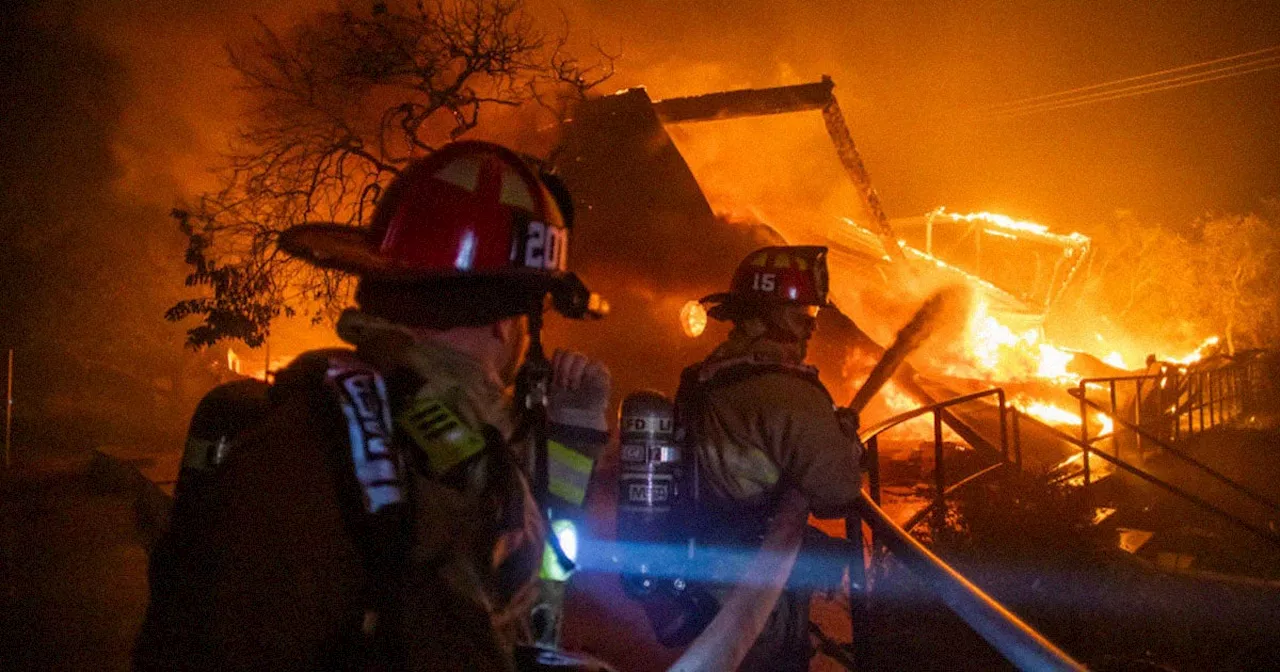Amidst devastating wildfires and water scarcity, three California lawmakers introduced bills to promote sustainable water practices in AI data centers. These bills aim to incentivize water recycling and impose water efficiency standards on AI tools. While the effectiveness of these measures in addressing the crisis remains uncertain, the growing demand for water by AI data centers raises concerns about their environmental impact.
It's a devastating situation — and the required water to keep the flames at bay is as difficult as ever to come by. The West Coast has beenAs such, three California lawmakers introduced bills last week aimed at encouraging AI data processing centers to work toward sustainable water use standards, and holding them accountable to new transparency rules.
"This is not a new issue, and it's not one that's been created because of the fire," California senator Steve Padilla, who presented one of the bills,One of the bills Padilla introduced would grant tax exemptions to data centers that adopt water recycling systems. A separate bill would require AI tools to meet water efficiency standards in the state.. "I’m trying to make it so we are prepared and ahead of the curve as we pursue new technology.
Whether nudging AI companies toward new sustainability goals will be enough to free up some much-needed freshwater in moments of crisis remains to be seen. But the AI industry is betting big on the future of the tech and data centers are bound to grow to power increasingly resources-intensive models. And that means water demand is likely to keep shooting up as well. Researchers at the University of California, RiversideHow big of a role the AI industry has played in the ongoing fires in LA specifically remains unclear.
AI Data Centers Water Conservation California Sustainability
United States Latest News, United States Headlines
Similar News:You can also read news stories similar to this one that we have collected from other news sources.
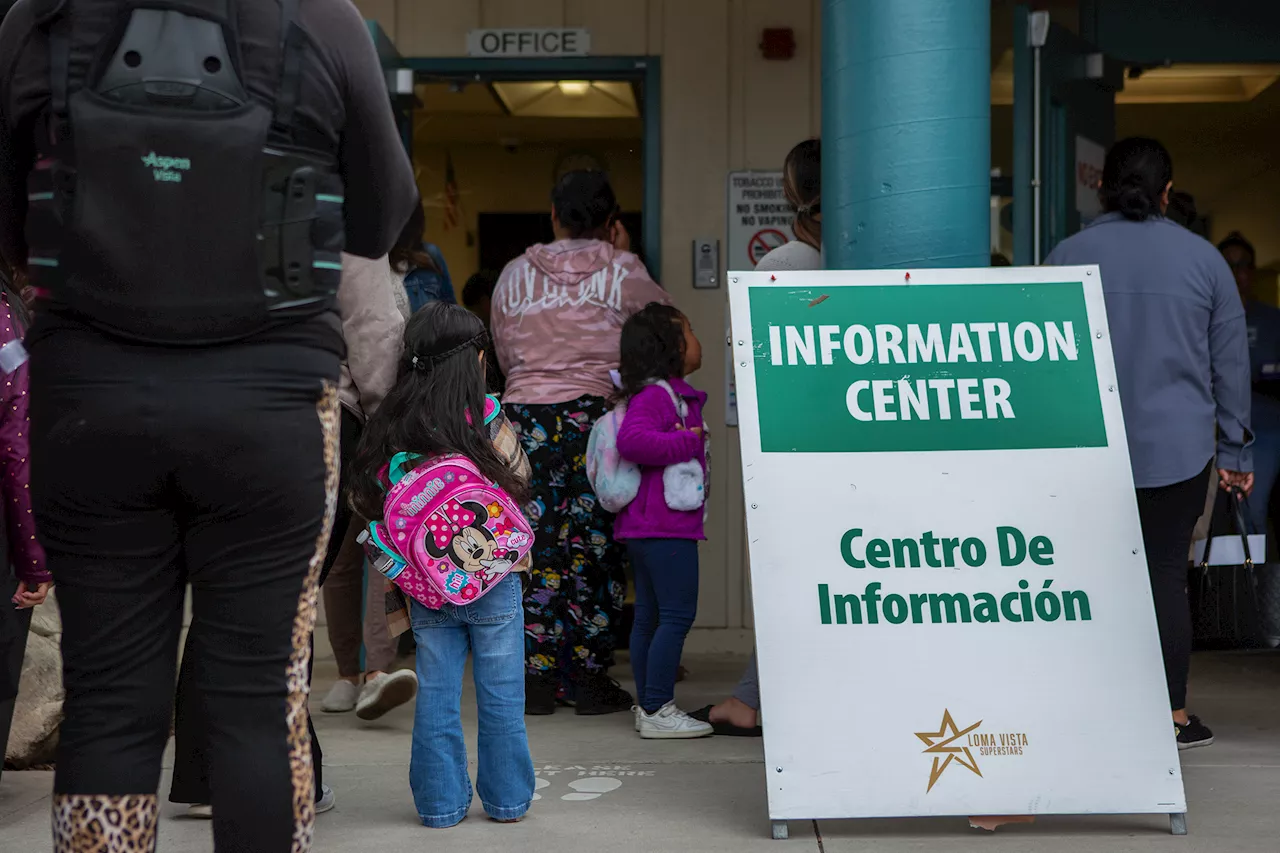 California Lawmakers Propose Bills to Limit Deportation Actions at SchoolsCalifornia legislators are proposing bills to protect K-12 students and families from mass deportations, aiming to keep federal agents from detaining undocumented students or their families on or near school property without a warrant. The bills, a response to President Trump's threat to deport undocumented immigrants, would make it harder and more time-consuming for agents to enter schools or day care centers. While they can only delay, not stop, arrests, lawmakers emphasize the symbolic importance of these measures in addressing the community's concerns about school safety for undocumented immigrants.
California Lawmakers Propose Bills to Limit Deportation Actions at SchoolsCalifornia legislators are proposing bills to protect K-12 students and families from mass deportations, aiming to keep federal agents from detaining undocumented students or their families on or near school property without a warrant. The bills, a response to President Trump's threat to deport undocumented immigrants, would make it harder and more time-consuming for agents to enter schools or day care centers. While they can only delay, not stop, arrests, lawmakers emphasize the symbolic importance of these measures in addressing the community's concerns about school safety for undocumented immigrants.
Read more »
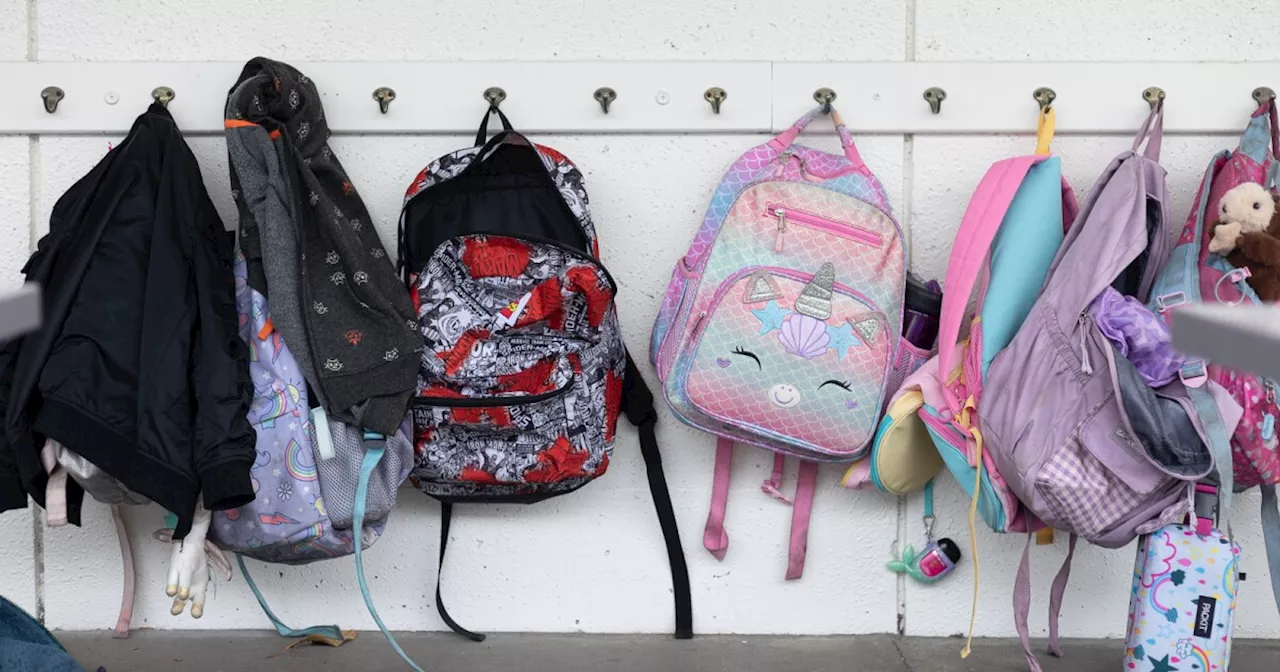 California Lawmakers Propose Bills to Protect Students from Mass DeportationsCalifornia lawmakers are proposing bills to protect K-12 students and families from mass deportations in response to President-elect Donald Trump’s threats. The bills aim to limit federal agents' ability to detain undocumented students or their families on or near school property without a warrant.
California Lawmakers Propose Bills to Protect Students from Mass DeportationsCalifornia lawmakers are proposing bills to protect K-12 students and families from mass deportations in response to President-elect Donald Trump’s threats. The bills aim to limit federal agents' ability to detain undocumented students or their families on or near school property without a warrant.
Read more »
 California Lawmakers Propose Bills to Protect Schools from Deportation ActionsCalifornia lawmakers are proposing bills to protect K-12 students and families from mass deportations, aiming to limit federal agents' ability to detain undocumented individuals on or near school property without a warrant.
California Lawmakers Propose Bills to Protect Schools from Deportation ActionsCalifornia lawmakers are proposing bills to protect K-12 students and families from mass deportations, aiming to limit federal agents' ability to detain undocumented individuals on or near school property without a warrant.
Read more »
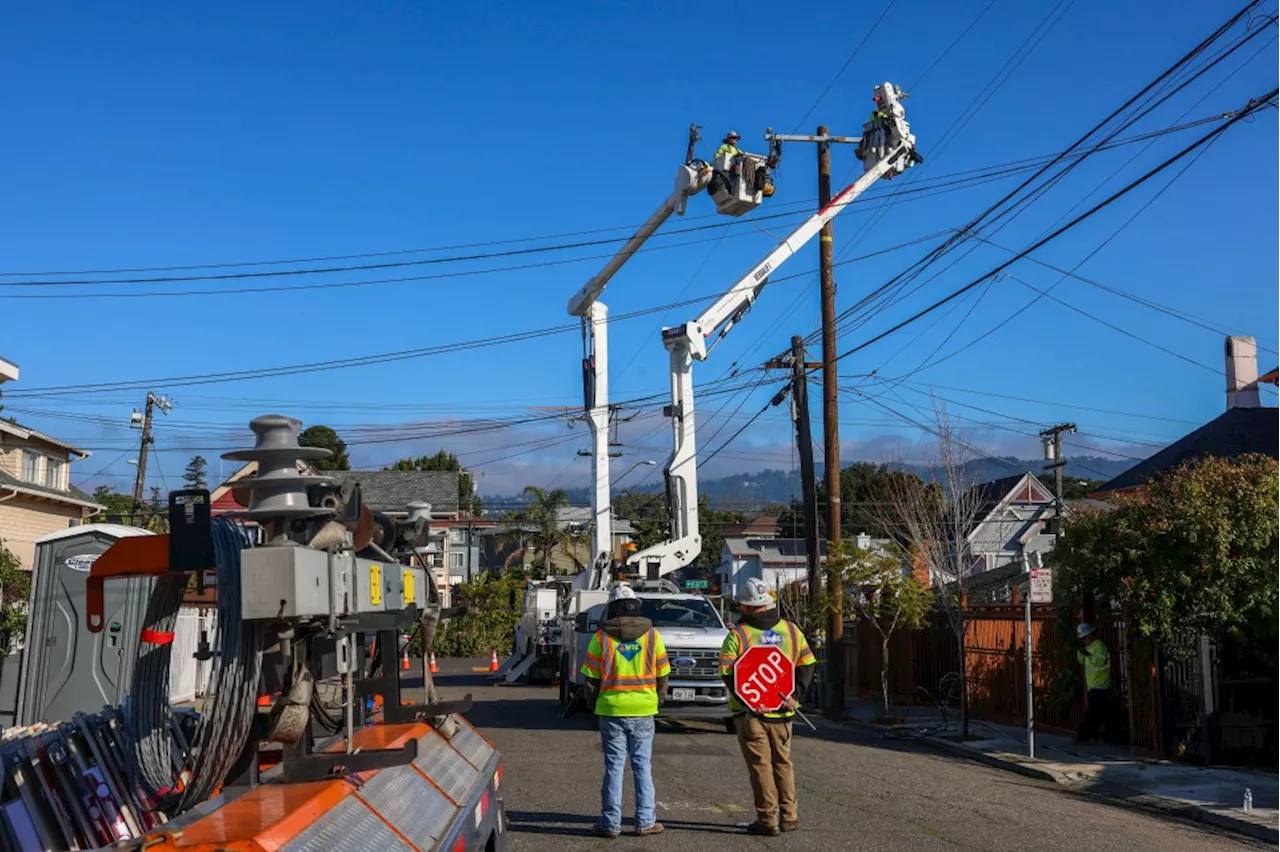 California's Green Energy Push Fuels Soaring Electricity BillsA new state report reveals that California's ambitious green energy goals are contributing to some of the highest electricity rates in the nation. Residents are facing significant increases in their monthly bills, raising concerns about the affordability of clean energy.
California's Green Energy Push Fuels Soaring Electricity BillsA new state report reveals that California's ambitious green energy goals are contributing to some of the highest electricity rates in the nation. Residents are facing significant increases in their monthly bills, raising concerns about the affordability of clean energy.
Read more »
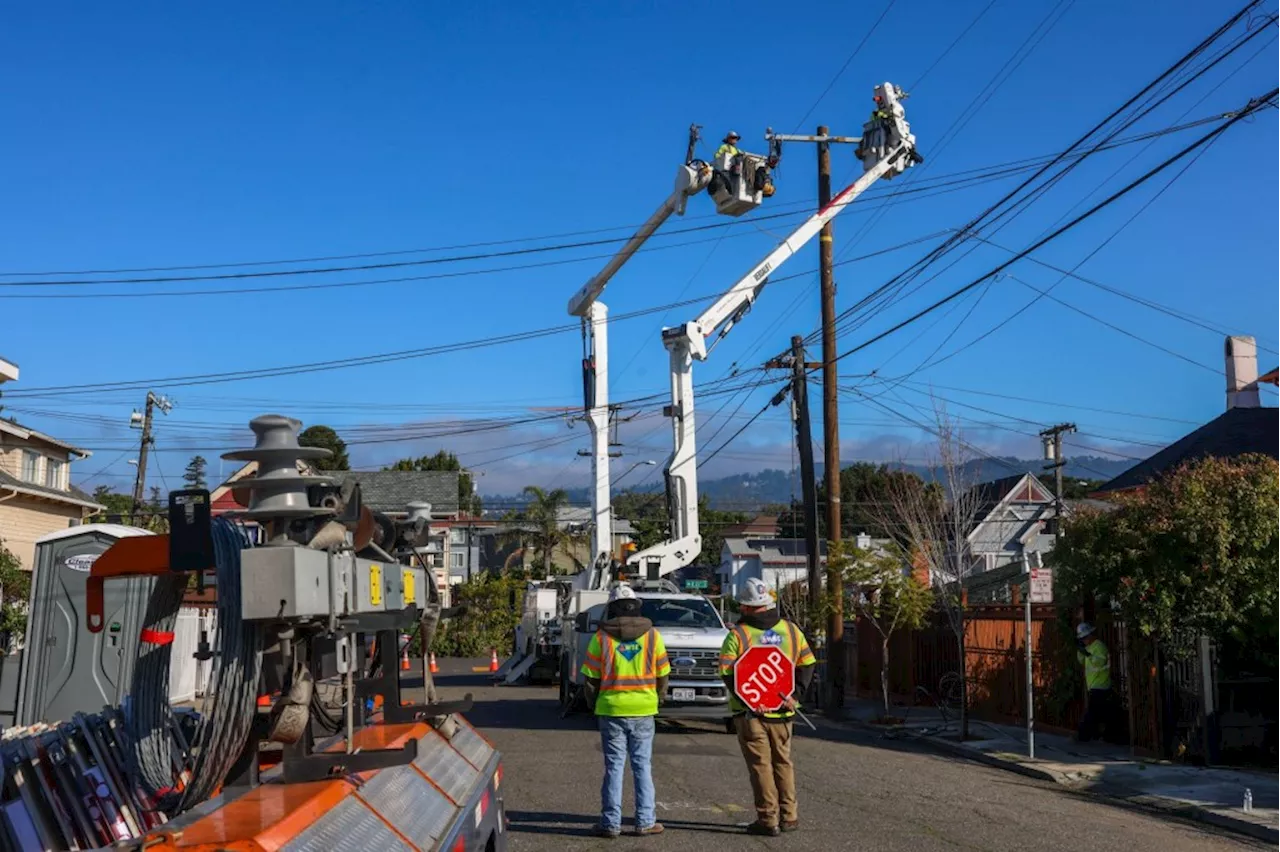 Soaring electricity bills could hobble California’s green energy push: reportSoaring monthly electric bill could hobble California’s quest for a clean power future, a new report states.
Soaring electricity bills could hobble California’s green energy push: reportSoaring monthly electric bill could hobble California’s quest for a clean power future, a new report states.
Read more »
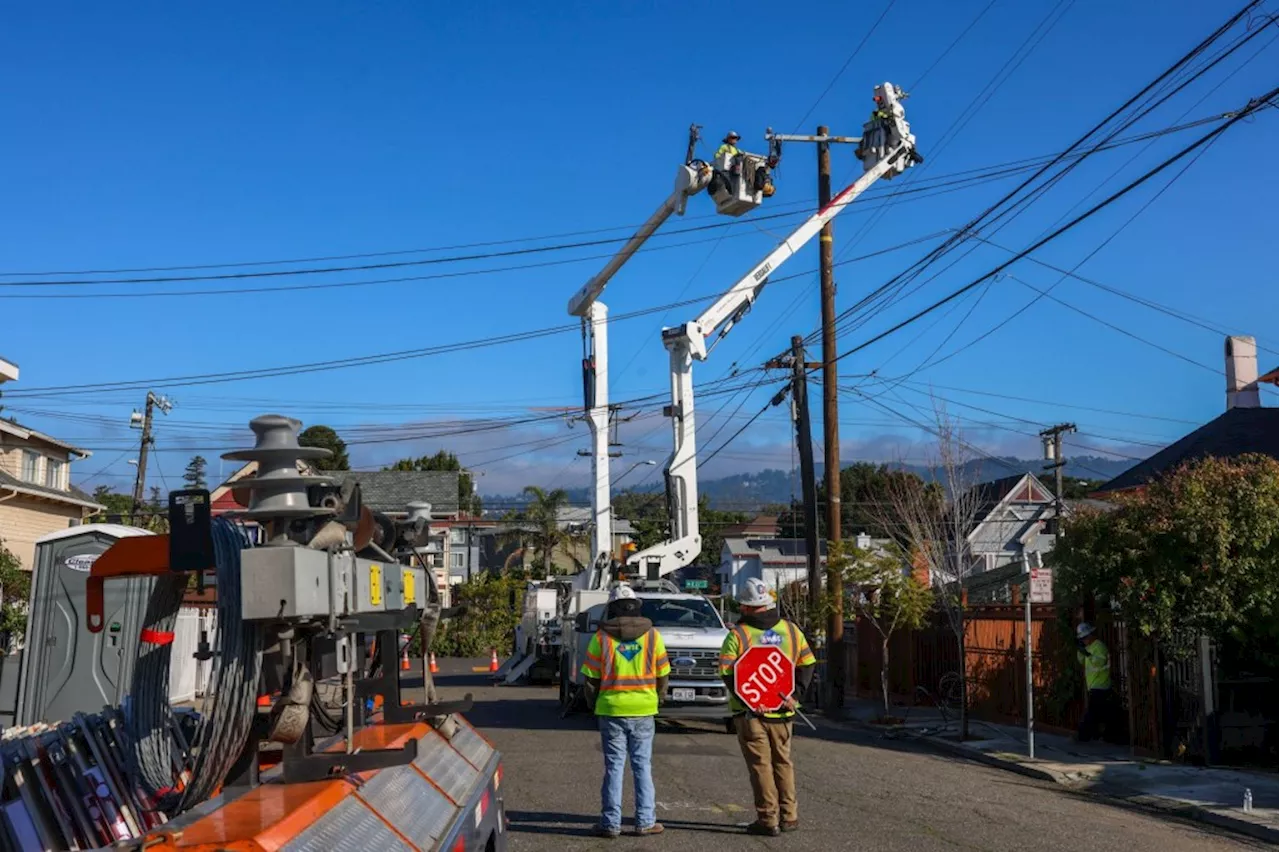 Soaring electricity bills could hobble California’s green energy push, report saysSoaring monthly electric bill could hobble California’s quest for a clean power future, a new report states.
Soaring electricity bills could hobble California’s green energy push, report saysSoaring monthly electric bill could hobble California’s quest for a clean power future, a new report states.
Read more »
